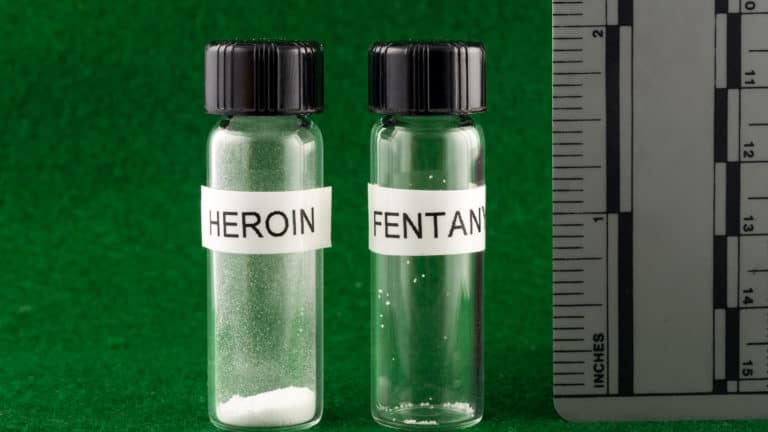Can You Overdose on Cocaine?
Overdose occurs when an individual ingests a dangerously high amount of a substance which then causes severe side effects and possibly death. Most addictive substances carry the risk of overdose when abused. Some of the more potent substances have a higher likelihood of causing overdose. If you or a loved one is struggling with addiction,…








